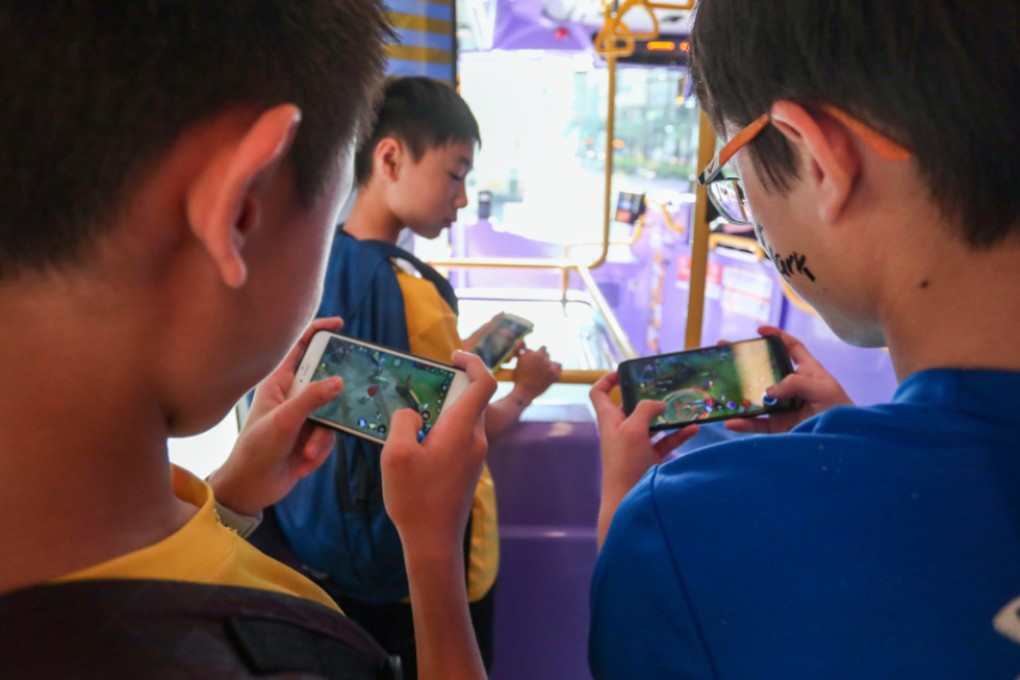Anti-addiction measures in games need to be stricter, says China’s consumer rights watchdog
Tencent and NetEase both have games that fail to adequately limit access to minors, the group says

In most places, parents have to limit the time their kids spend playing games themselves. But in China, the games police themselves, locking kids out if they play too much.
Only 17 of the 50 games tested required users to log in with real names, according to the report. In two of the 17 games that enforce real name registration, the association says they passed the verification with fake ID numbers.

As the largest gaming company in China (and the world, for that matter), Tencent has a lot on the line when it comes to following the country’s regulations. The company’s two biggest blockbuster games, Honor of Kings (aka Arena of Valor) and PUBG Mobile: Exhilarating Battlefield, were among the 17 games that required real name verification.